LONDON: Amid calls for renewed talks and a last-minute UN intervention, a stark truth is becoming apparent as Ethiopia begins filling the reservoir of its controversial Grand Ethiopian Renaissance Dam (GERD).
There is simply not enough water to meet the rapidly growing needs of all 11 nations dependent on the Nile basin.
The GERD is proof that the Nile Basin Initiative (NBI), a collaboration of the Nile basin nations set up in 1999 to manage fair access to the waters of the great river, has failed.
On Monday, as the summer rains began to swell the Blue Nile, Addis Ababa notified Egypt it had resumed filling the vast dam reservoir.
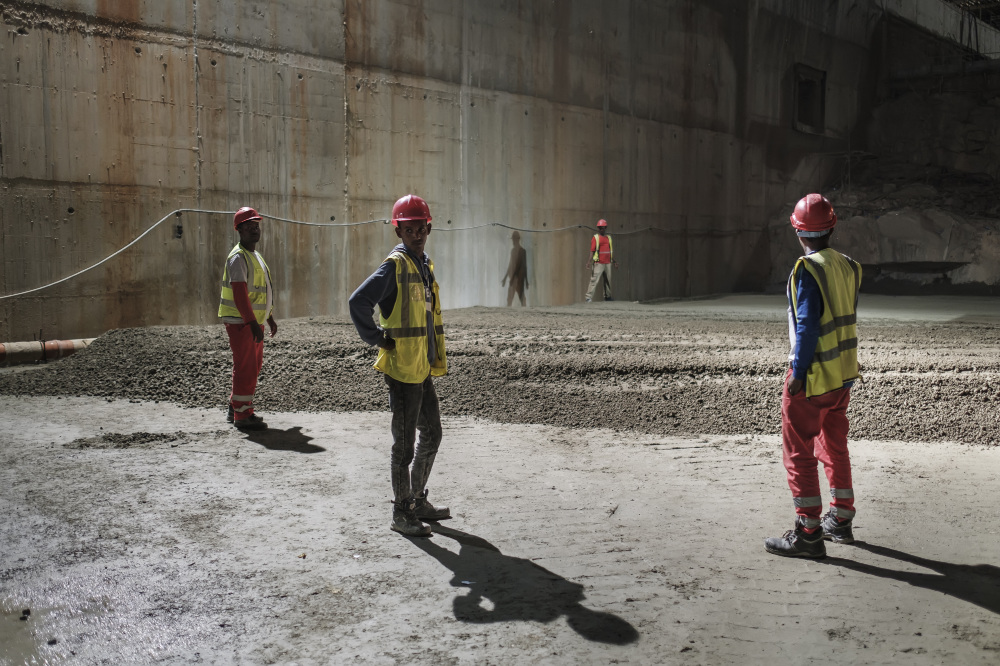
This week the 10-year strategy of the NBI appeared not to be worth the paper it was printed on. (AFP)
Half of Ethiopia’s population of 120 million has no electricity, and the government is desperate to begin generating power for domestic use and profitable export.
Egypt, which fears the dam will deprive it of crucial amounts of water, has said the unilateral move is a threat to regional stability.
For centuries master of the Nile, Egypt is now faced with the reality that in the 21st century it no longer has exclusive rights to what is an international, transboundary resource.
Read our full interactive Deep Dive on the GERD Dam and its impact on Egypt here
On Thursday, at the request of Egypt and its neighbor Sudan, the UN Security Council will debate the escalating crisis, but has warned there is little it can do.
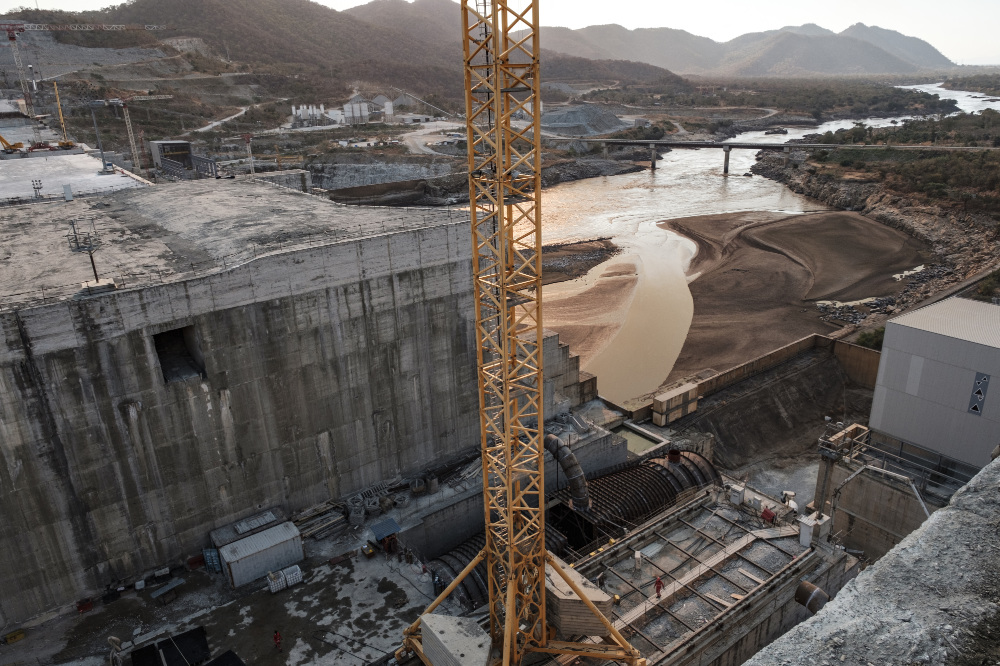
As the populations of the basin’s 11 member states grow, notes the NBI, so “demand for energy in the Nile basin is expected to triple by 2035.” (AFP)
This week the 10-year strategy of the NBI, devised in 2017 to ensure “cooperation and joint action between the riparian countries, seeking win-win gains,” appeared not to be worth the paper it was printed on.
The initiative’s admirable aim of seeing the Nile waters used in an “equitable way to ensure prosperity, security and peace for all its peoples” is today exposed as an ultimately fanciful ambition.
The reality now facing the 11 nations of the Nile basin — and none more urgently than Egypt — is that there is only so much water to go around and, every minute, more and more people to consume it.
The riddle of the Nile, it seems, cannot be solved without the creation of winners and losers. The volume of water that each year flows down the Blue and White Niles is finite. It varies from season to season, but the average volume available to the 11 nations of the Nile basin is, ultimately, limited.
What is not limited, however, are the populations of those countries, and their development ambitions.
Read our full interactive Deep Dive on the GERD Dam and its impact on Egypt here
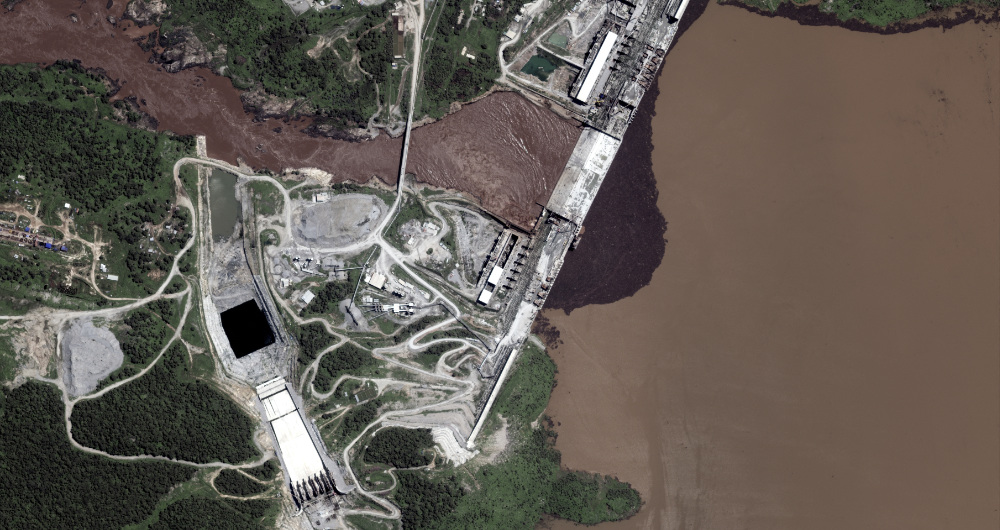
The GERD is proof that the Nile Basin Initiative has failed. (AFP)
Currently some 260 million people, about 54 percent of the total population of the 11 countries through which the Nile runs, live in the basin. Egypt has by far the largest number of citizens dependent on its waters — 86 million, about 94 percent of its entire population.
Egypt is already experiencing what the UN defines as “water scarcity” — when supplies drop below 1,000 cubic meters of water per person per year. Egyptians currently have about 570 cubic meters, predicted to fall below 500 by 2025, even without taking into account the effect of the GERD.
And according to UN forecasts, by 2050 Egypt’s population will have grown more than 50 percent, to about 150 million.
Upstream, meanwhile, by 2050 Ethiopia’s population will also have increased, from about 120 million people to over 200 million, and a similar pattern of growth is predicted for all the Nile basin countries.
In its 10-year strategy, the NBI put it like this: “If countries develop as planned, we will need 1.5 Niles by 2050.”
The strategy offered what appeared to be a simple solution.
“Together,” pledged the NBI, “we will better monitor, manage and develop the Nile, use existing water sources more efficiently and explore new ones.” This way, it added, “we will have enough water for us all.”
Read our full interactive Deep Dive on the GERD Dam and its impact on Egypt here
Of course, there are savings that Egypt can make, ranging from preventing water loss through leaks and evaporation to giving up growing water-intensive crops, such as rice, transferring the water cost to other nations by importing them.
In an interview in June, Mohamed Ghanem, spokesman for Egypt’s water ministry, highlighted steps the government was already taking, including fixing leaky canals and drains, and modernizing irrigation systems.
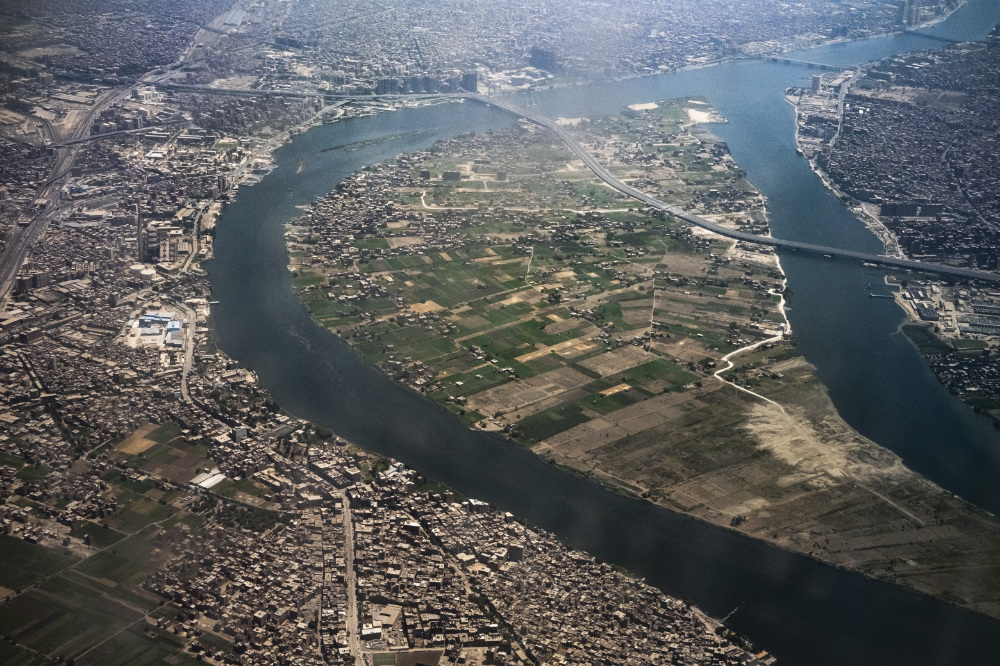
The squabble over the dam could soon be overshadowed by an even darker cloud gathering over the headwaters of the Nile. (AFP)
However, all such initiatives require vast investment in time and money, to say nothing of politically dangerous job losses among the farming community.
Besides, even if, as researchers at Zagazig University have predicted, “adopting all or a combination of the suggested strategies could reduce or eliminate the impact of GERD on Egypt,” the dam could soon be the least of Egypt’s worries.
The clue to what is coming can be found in one of the NBI’s strategy goals. “Unlocking and optimising hydropower potential,” highlights a reality, symbolized by the GERD crisis, that will see nations pitted against each other in the scramble for their share of the Nile’s limited bounty.
As the populations of the basin’s 11 member states grow, notes the NBI, so “demand for energy in the Nile basin is expected to triple by 2035.”
The solution? “Together, we will build the right dams in the right places, connect our power grids and trade the harnessed energy — so that we all benefit from the Nile to light up our cities and energise our economies.”
Read our full interactive Deep Dive on the GERD Dam and its impact on Egypt here
Ethiopia and its downstream neighbors Egypt and Sudan are all members of the NBI. Yet despite the organization’s pledge to support collaboration between its members, the planning, building and now operation of the GERD has been the opposite of an exercise in cooperation.
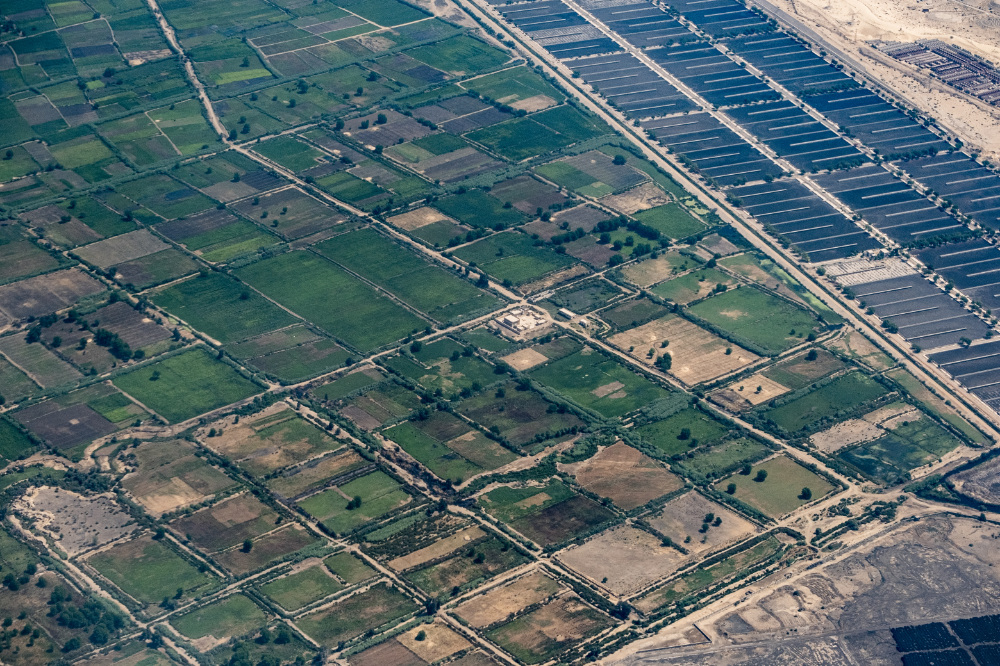
There is simply not enough water to meet the rapidly growing needs of all 11 nations dependent on the Nile basin. (AFP)
As serious as it is, however, the squabble over the dam could soon be overshadowed by an even darker cloud gathering over the headwaters of the Nile. Last month South Sudan announced that it, too, had ambitions to build a hydroelectric dam — on the White Nile upstream of Sudan and Egypt.
About 80 percent of Egypt’s water comes from the Blue Nile and its tributaries, but reducing the flow of the remaining 20 percent would obviously create additional problems for the country.
And that could just be the start.
Even as it begins to fill the GERD reservoir, Ethiopia is working on plans for at least three more dams and, once the GERD starts successfully generating power and export income, Addis Ababa should have little difficulty persuading international investors to back new hydroelectric ventures.
Read our full interactive Deep Dive on the GERD Dam and its impact on Egypt here
Ethiopia’s success with GERD is also likely to generate interest in the construction of other dams throughout the Nile basin.
“Most countries in the Nile basin are undergoing rapid economic growth as indicated in the recent growing GDP (gross domestic product) trends, which, in turn, has increased demand for water, energy and food,” said the NBI.
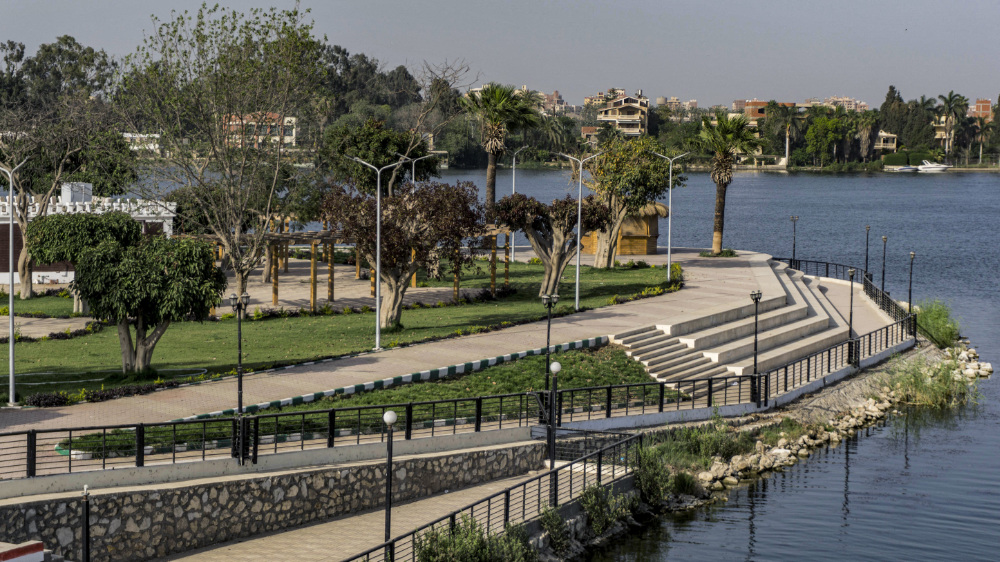
Egypt is now faced with the reality that in the 21st century it no longer has exclusive rights to what is an international, transboundary resource. (AFP)
The Nile basin “offers huge potential for hydroelectric power generation, but largely remains untapped, with existing facilities representing about 26 percent of potential capacity.”
There seems little doubt that the other countries of the Nile basin will want to place their economies and societies on a similar footing to those of Egypt.
The row over the GERD is just the beginning of a far deeper crisis which, if not tackled now, could escalate dangerously.
The African Union, the Arab League and the NBI have all failed to break the deadlock over the dam. This week the UN Security Council will almost certainly go down the same path.
For the security of the entire region, what is needed now is a pre-emptive international diplomatic intervention on a scale to match the potential disaster looming over the Nile basin like the summer storm clouds now gathering over the Ethiopian Highlands.
Twitter: @JonathanGornall

























